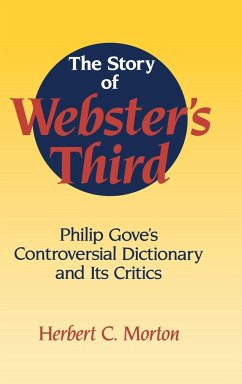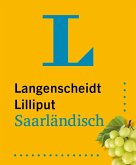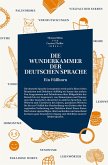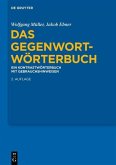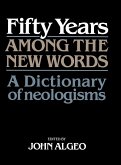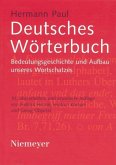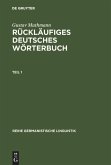The publication of Webster's Third New International Dictionary in 1961 set off a storm of controversy both in the popular press and in scholarly journals that was virtually unprecedented in its scope and intensity. The New York Times ridiculed the new dictionary's alleged failure to label slang in a now-famous editorial that began, "A passel of double-domes at the G. & C. Merriam Company joint in Springfield, Mass., have been confabbing and yakking for twenty-seven years...and now they have finalized...a new edition of a swell and esteemed book". The attack was joined by Life magazine, the Saturday Review, the Atlantic, the New Yorker, and other magazines and newspapers across the country. Critics charged that Webster's Third had abandoned its responsibility to uphold standards of good English and that it would encourage permissiveness in the teaching of English. Rejoinders by the dictionary's editor, Philip Babcock Gove, and sympathetic journalists and scholars had little effect. Herbert Morton tells the story from the beginning, drawing on new sources: Gove's papers, the files of the publisher, and interviews with former staff members and participants in the controversy. He describes how the Third Edition was planned and put together by Gove, where it went astray, and how it was misunderstood and misinterpreted by its detractors. Later assessments showed that its flaws were exaggerated. It has come to be regarded by virtually all language experts as one of the great dictionaries of our time. This is a very human story as well as the first full account of an extraordinary episode in the annals of lexicography. The issues it brought to the fore are still alive and will be of interestto all those fascinated by the English language and by how it is recorded in our dictionaries.
Hinweis: Dieser Artikel kann nur an eine deutsche Lieferadresse ausgeliefert werden.
Hinweis: Dieser Artikel kann nur an eine deutsche Lieferadresse ausgeliefert werden.

